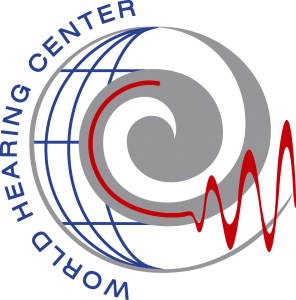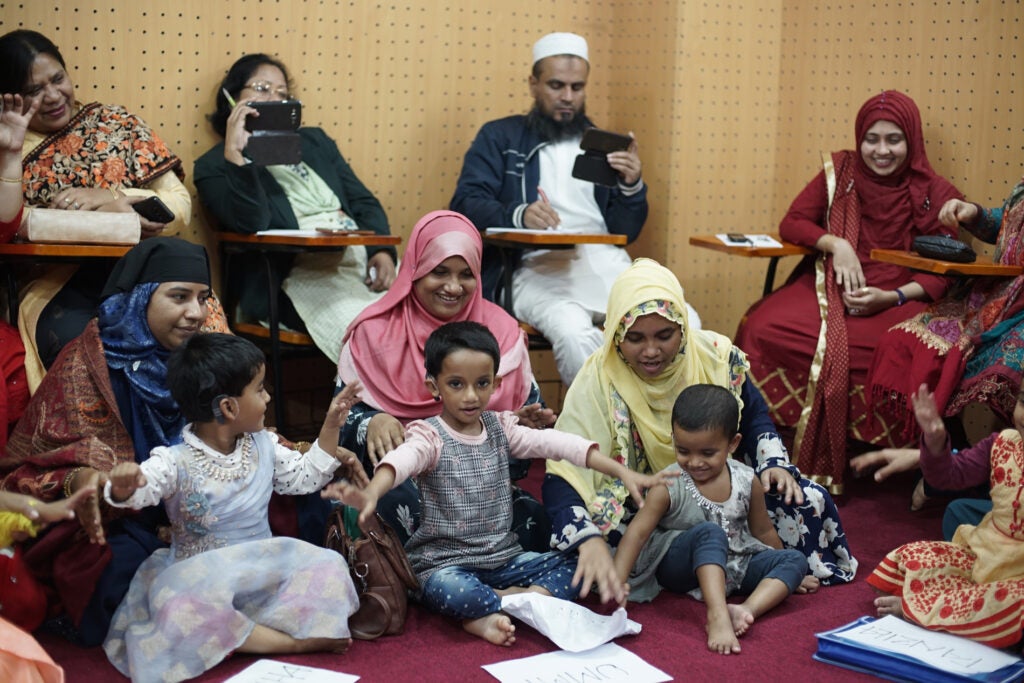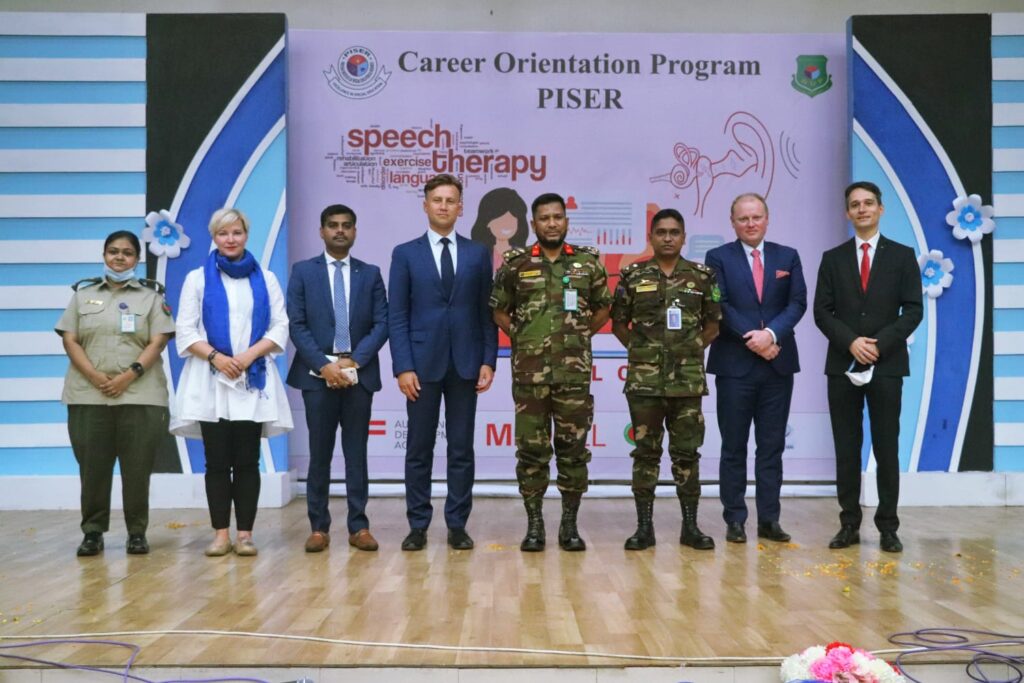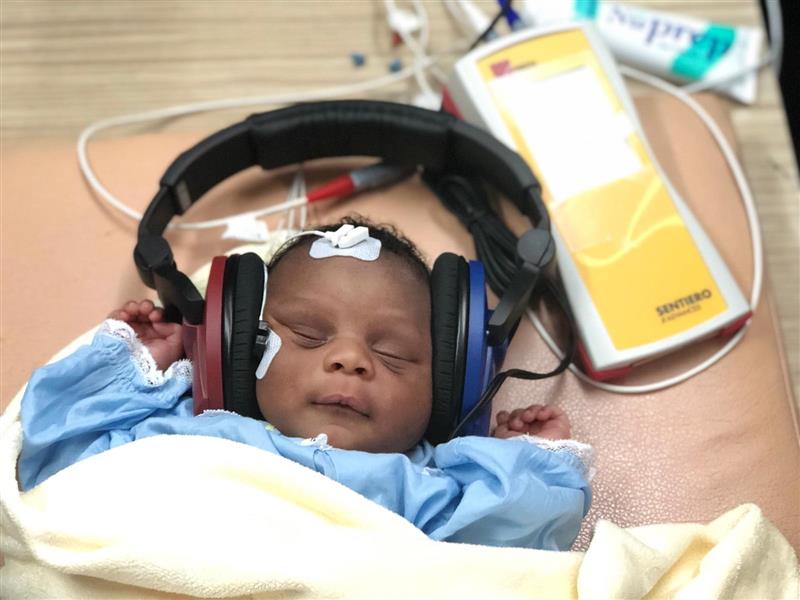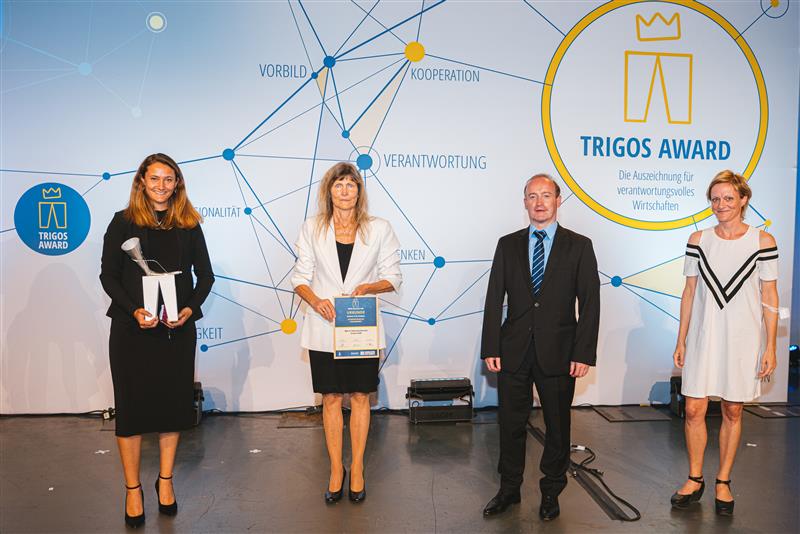The workshop was devoted to a wide range of fundamental topics connected with hearing loss, its treatment, hearing and speech rehabilitation. The course participants learned about the latest hearing solutions and essential strategies of using them. They also got a profound insight into receptive and spoken language and speech development. Valuable practical knowledge and tips enriched the participants’ skillset beneficial for their therapy sessions.
The Austrian Development Agency (ADA), the operational unit of Austrian Development Cooperation, seeks to ensure that sustainable development works to the benefit of all people in Africa, Asia, Southeast Europe and the South Caucasus. Together with partner countries, public institutions, civil society organisations and businesses, ADA is currently implementing projects and programs with a total volume of 500 million euros.
MED-EL is a family-owned company founded by two renowned scientists, Doctor Ingeborg Hochmair and Professor Doctor Erwin Hochmair in 1990. The company creates solutions to address all kinds of hearing loss. Its cochlear implants and other products help people with hearing loss all over the planet to (re)discover the beautiful world of sounds.
